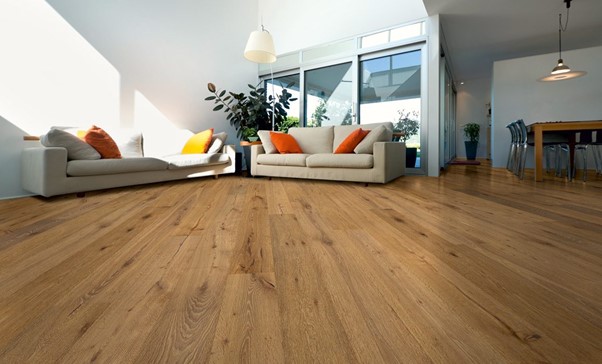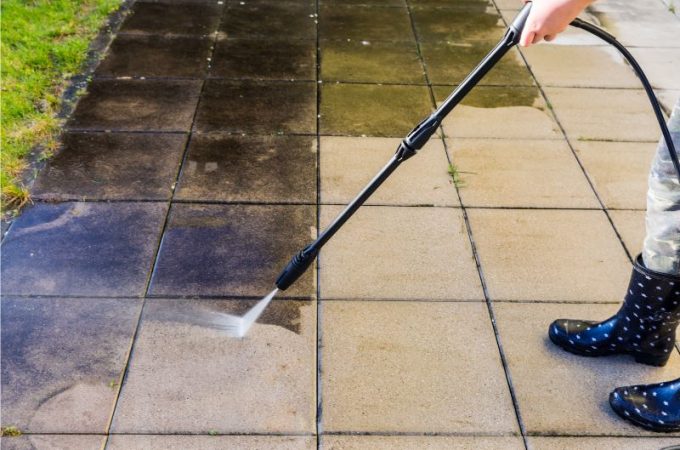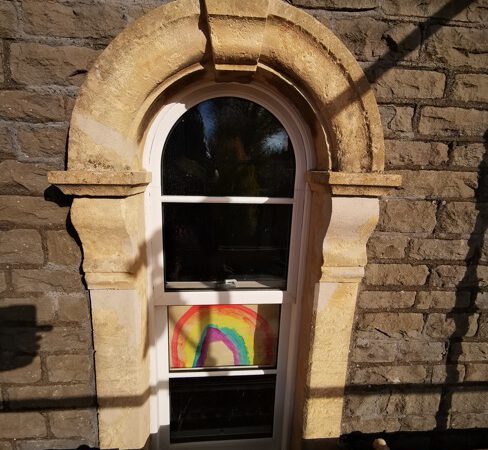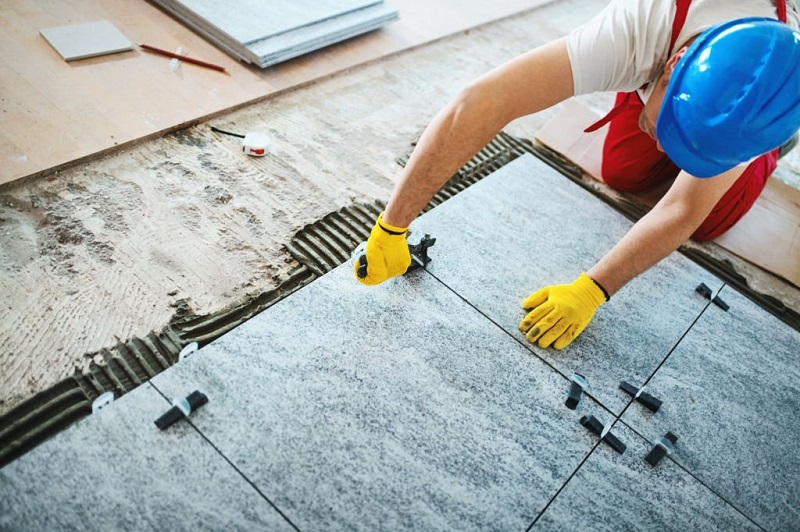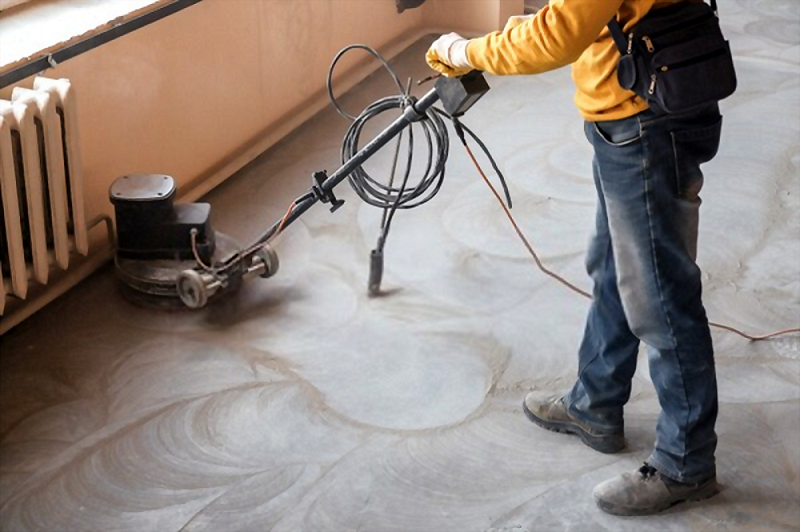
Why You Should Install Travertine Stone At Your Homes And Offices?
Travertine is an organic stone, similar to granite in the kitchen and marble in the bathroom. Travertine stone, on the other hand, only forms around specific types of mineral summertime deposits, giving this rare feature of limestone a discrete and striking appearance.
Benefits of travertine, such as its ageless aesthetic and physical characteristics, make it an excellent construction material for both interiors and exteriors.
Advantages Of Installing Travertine Stone
Here is the list of the advantages of Travertine Stones.
Goes A Long Time
Travertine surfaces are durable and can last a life span. It is no random occurrence that natural stone was the substance used to construct many of the Roman structures that still stand today.
- Easy care and maintenance- It does not need any special cleaning products.
- Colours that are unchangeable over time- Travertine stones are resistant to UV radioactivity and thus retain their original colour.
- Fire and heat resistant- The surface of travertine is capable of withstanding high temperatures.
Resistant To Water and Moisture
Travertine floors are extremely water and moisture resistant. This helps to keep mould and mildew at bay in any area in which these tiles are used. Therefore, if you want a flooring solution for your kitchen and bathroom where the usage of water is more than other rooms, travertine could be the easy and best choice.
Aesthetic Value
Few components can compete with the timeless style and beauty of travertine tiles. These tiles have a classic, distinct appearance that is characterized by a weathered appearance, which gives them a highly distinctive look. In fact, the stone is thought to originate from the ancient Roman era.

Simple to Trim and Shape
This type of flooring works well in almost any space, such as small or uneven areas. Travertine stones are simple to cut and shape, which makes it easy to use in any space that you want. On the other hand, you would find difficult to do it with many other types of flooring.
Various Finishes and Colours
Travertine tile is also available in a wide range of colours, which many interior designers appreciate. When selecting the shade, customers can select from tan, brown, and beige tones, or white, gold, or rusty, red tones. After deciding on the perfect colour, homeowners can further personalize their flooring by selecting from a variety of finishes.
Versatility
Travertine stones can be bought in a variety of forms, making them suitable for additional applications such as kitchen counters, wall facades, and sink basins. As a result, customers who want to fit their new flooring to their walls, hand basins, or counters will find it relatively easy to do so.
Durability
Travertine tiles, like most stone flooring, are strong and durable and stand up well under heavily loaded foot traffic. This stone has a hardness which is similar to tile, in contrast to other sorts of stone, it can withstand extreme changes in temperature very well. Because of its durability, it is appropriate for both outdoor and indoor settings. Furthermore, when properly cared for, tiles made from these stones have an extremely long lifespan.
Simple To Care For And Maintain.
It doesn’t require additional cleaning products.
Colours That Is Unchangeable Over Time.
It’s also resistant to ultraviolet radiation and thus retains its original colour.
Fire And Heat Resistant.
Travertine tiles are very much fire resistant. Therefore, it is also a great choice for any commercial building as well. in fact, you can use them in your kitchen as well. so that, even if you spill something hot, there is no need to be worried. It will not affect your floor.
Travertine stone is a good choice for individuals who want the appeal of natural stone but find that most choices in this category are too expensive. Although this type of marble is still regarded as a luxury, it is frequently much less expensive than marble, granite, and similar alternatives. Home tiles should always be chosen with caution. In this regard, you should plan a resealing session for your pavers periodically for three to five years. You may be capable of waiting longer in some cases, depending on the state of your pavers.

